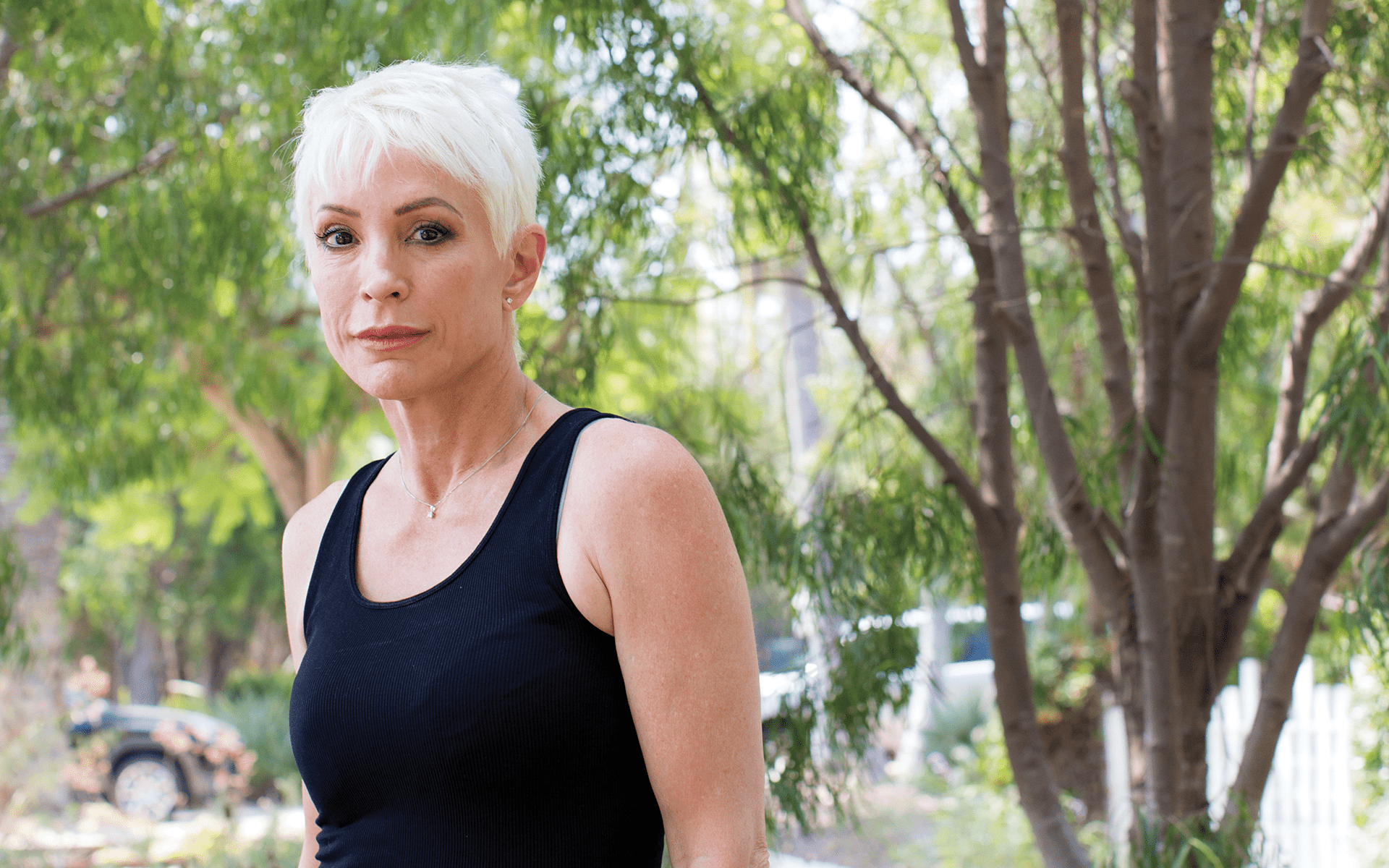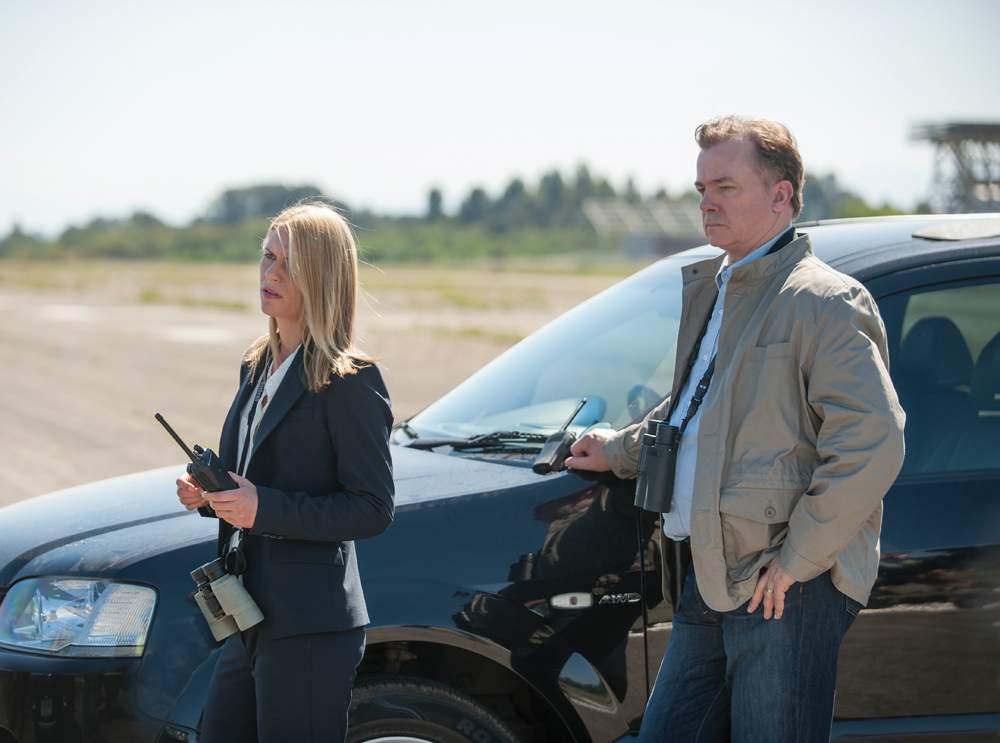Actor Nana Visitor, 61, has been in “the biz” her whole life. Her aunt was the actor and dancer Cyd Charisse; her father, Robert Tucker, was an esteemed choreographer; and she was married to fellow actor Alexander Siddig. She is well known for her roles playing Major Kira Nerys in the long-running television series Star Trek: Deep Space Nine (DS9) and on Broadway as Roxie Hart in the musical Chicago. Behind the scenes, however, Nana struggled for years from post-traumatic stress disorder (PTSD) stemming from a brutal attack in 1994, when, while driving home from the film set, she was abducted at gunpoint by two men and sexually assaulted.
Mindful spoke with the veteran actor and mother of two about her journey through show business, using mindfulness to heal emotional wounds, and her desire to share this practice with her fellow actors.
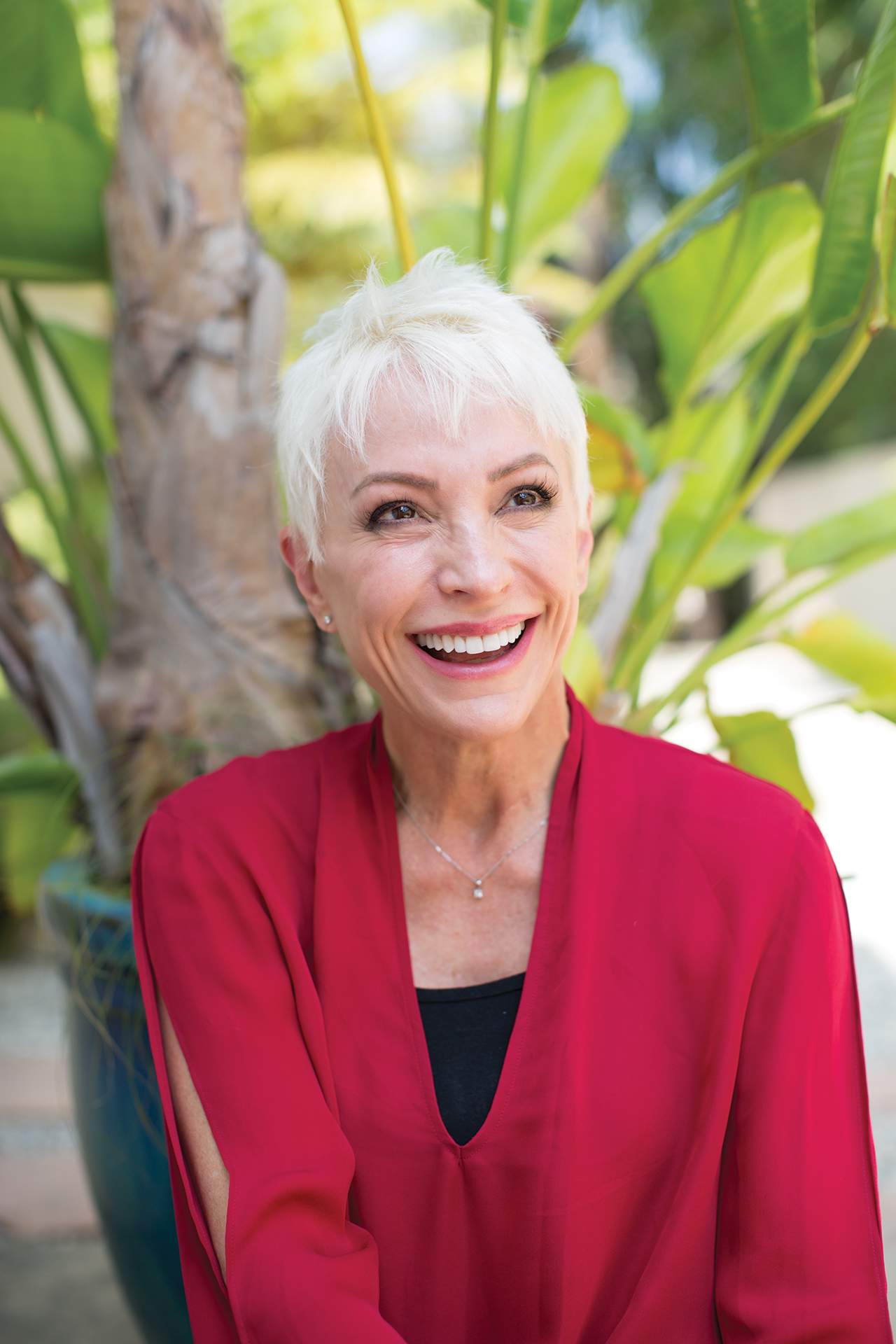
Mindful: How did you get into mindfulness?
Nana Visitor: I actually started meditation when I was five years old. When things would get weird at my house—it was a very chaotic family—I’d go into the closet and I’d send my mind somewhere else. That’s how I thought of it: sending my mind up. And I found comfort from that. So I would do that regularly when I was in trouble or when I wanted to escape what was happening. But real mindfulness started about five years ago, as a way to deal with issues that had arisen in my life.
And these issues were related to the assault you had experienced almost 20 years earlier?
After that experience, I went back to work on DS9, so I never, ever dealt with it. Never. And the doctors just gave me medication, of course. They did the best they knew how to do, but it was the worst. The medications just made everything so much worse. But I just muscled through, focusing on my career and my children. It was whenever I moved back to New York City, six years ago, that everything seemed to come to a head. I had become an empty nester, and I felt like all my personal relationships and career were shutting down. I was really tired of being on all the medications and felt suicidal. That’s when I turned to a psychologist who specialized in PTSD. It was psychologist Gabrielle R. Chiaramonte, Ph.D., at Weill Cornell Medical College, founding director of The Center for Mindful Living, who introduced me to the practice of mindfulness.
When I started my mindfulness practice, I was able to get off all the medications, and I haven’t taken any since. I went off the medications cold turkey, which is a bad way to do that, and went through a horrible physical reaction. But it was the mindfulness practice that gave me the ability to do so. Now, if I have the start of an anxiety attack, which almost never happens, I immediately know how to ground myself. Even just mindfully walking will get me out of it. It’s amazing. I’ve found that mindfulness has really changed my life.
What does your practice look like today?
I start every day by going before my centering space, which is set up above my fireplace. On it is a statue of a ram that serves as a symbol of my true self—calm, clear, creative, and compassionate. There are also flowers and a glass singing bowl. I light incense, bow, and spend some time using the singing bowl. Then I settle into meditation, usually for 20-40 minutes.
How would you say that mindfulness has influenced your work?
As a performer, understanding the power of being mindful and being able to play with the sympathetic and parasympathetic nervous systems is just a huge toolbox to have available. But also, in terms of the business, to understand that pain is inevitable but suffering is optional is so powerful. You can make yourself miserable in this business, or you can look at people who say rude and horrible things or do strange things and say, “That’s interesting….”
And also, now that I understand what meditation can do, I find that it’s a low-flow state. It balances me so that I don’t have this desperate need to perform. Of course, any desperate need leads to things that aren’t healthy or just the frustration of going, “I don’t know how to feel OK in my body.” So, I’m now in that place of “I’m cool,” and if I get to act in a basement, or onstage or in an indie film, it doesn’t matter. I don’t have this driving need to succeed in a business that has nothing to do with fairness.
Which is life.
Which is life!
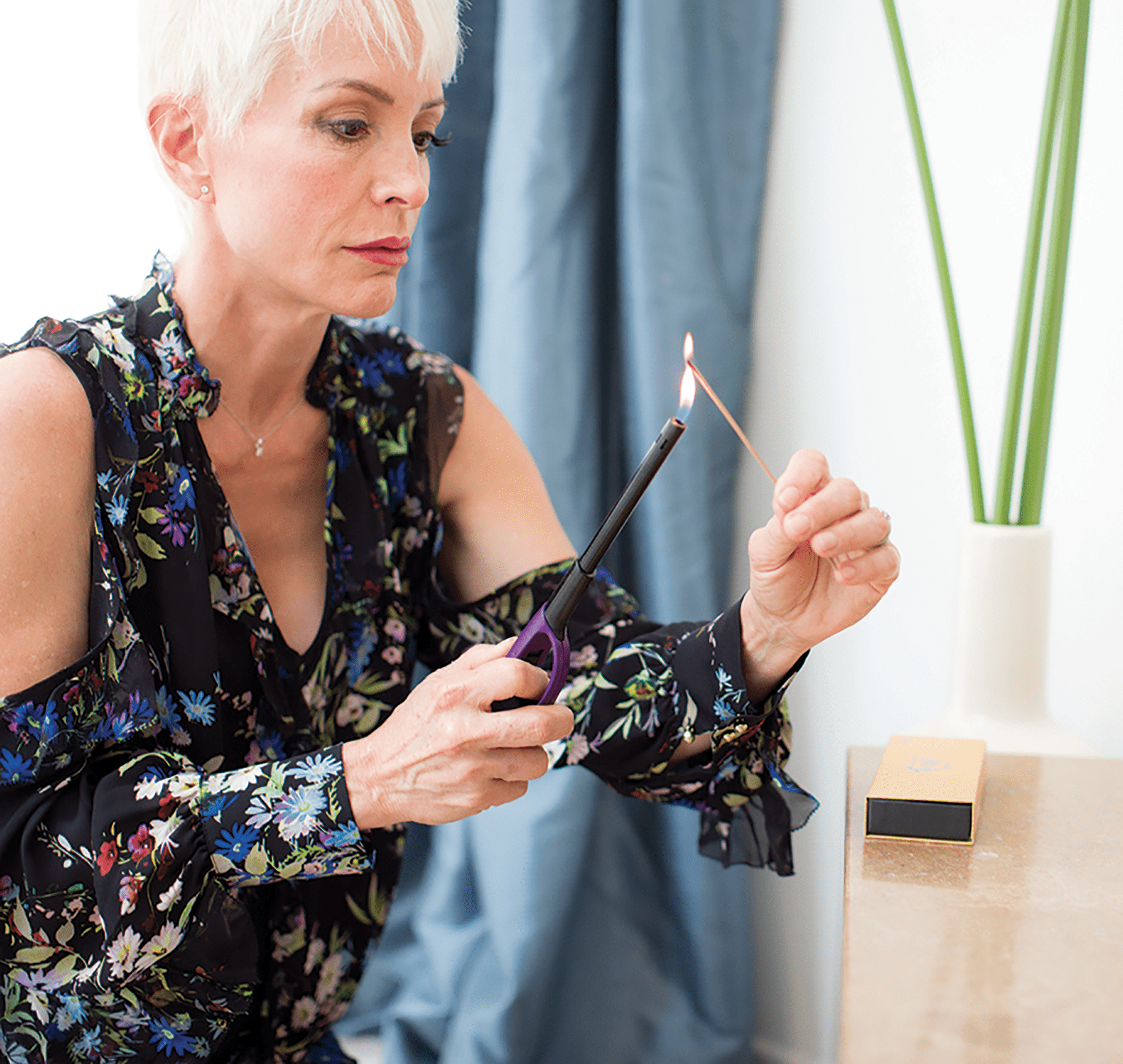
It sounds like mindfulness could benefit others in the profession…
Without a doubt it would. I would love to teach young actors because there’s so much abuse that happens. Part of it is being told “yes” for everything, but another part of it is dealing with unbelievable stress with no help whatsoever. They have nothing to fall back on. And it becomes very unhealthy.
The other thing is a strong belief among young actors that they need to be in a highly stressed state. Unfortunately, if you’re in a highly stressed state, you start to not care, you start to not attach yourself to outcomes. But you work better. I remember being that way. If I was breaking up and everything was a mess in my life but
I had this job, I could focus in a laser-like fashion on my work, because I needed to block everything else out. So, I think actors tend to make their lives chaotic so they find that focus. They’ve found, “Oh, when my life is crazy, I’m better at work. I’m better in my acting.” Talk about suffering that is not necessary! They also can’t modulate themselves. If you’re in that state, you’re in that state on-camera and off-camera and you’re creating chaos for other people. Unfortunately, they don’t realize that they don’t need to do that.
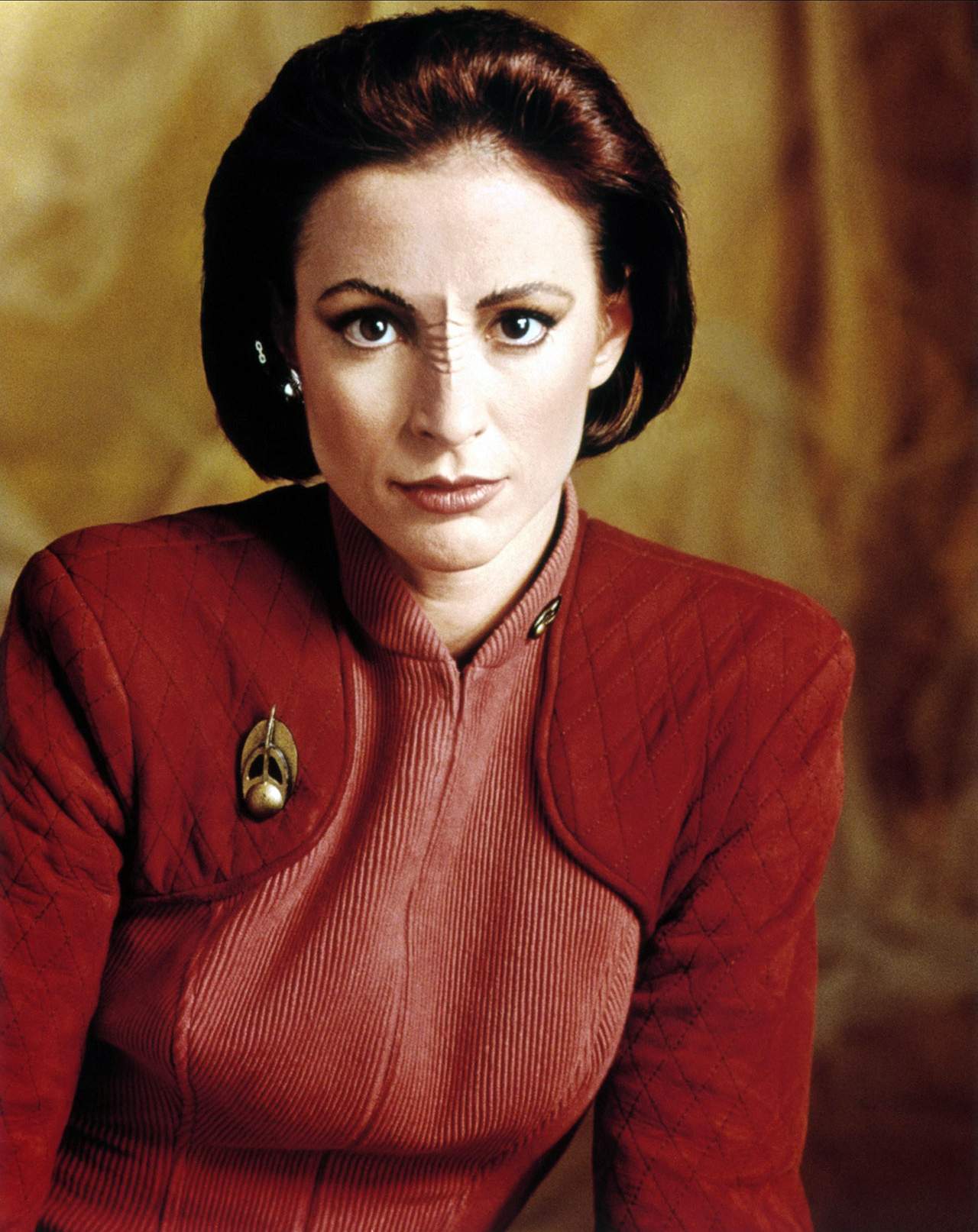
Do you think that’s the case with a majority of actors?
I said young actors, but I think that’s the case with a lot of actors who haven’t done much work on themselves, and you know, it takes so many hours to be good at acting that I do think you tend to ignore the rest of your development as a human. It’s funny, you’re working in the capacity of being an expert in emotions and mental states, and yet some of it is just hoping for the best.
“Now if I have the start of an anxiety attack,I immediately know how to ground myself.Mindfulness has really changed my life.”
And how does mindfulness impact other areas of your life?
You want to give it to other people the minute you know what it can do for you. It’s that big. I have now shared my insights with my sons (Django El Siddig, 22, and Buster Miscusi, 26).
It was only five years ago that I started to get a lot of my better information. It was like, OK, I know what I told you before, but I will always bring you the best, “hot off the press” stuff I know. This is really it; now please listen to this.
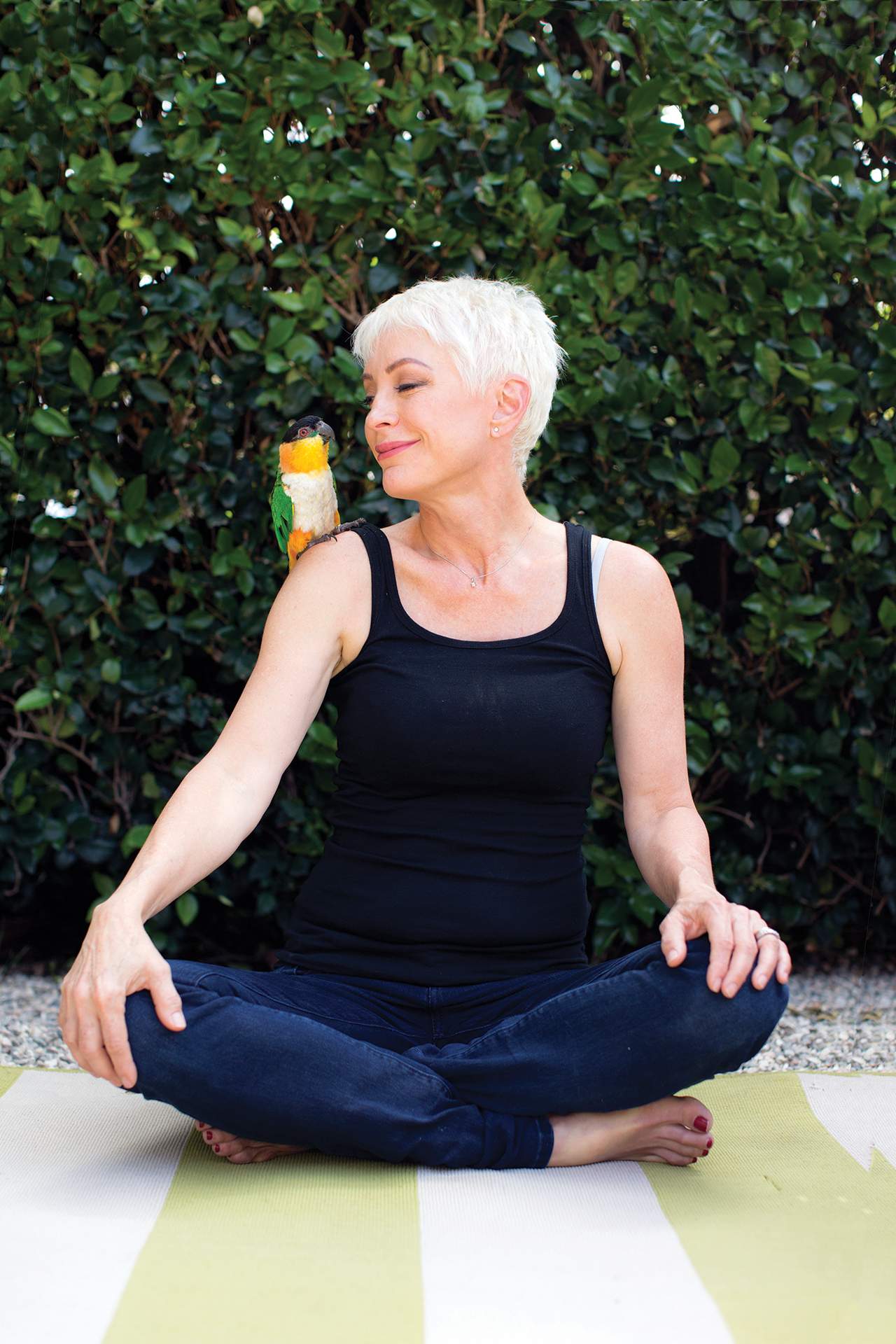
Let’s talk about Star Trek: Deep Space Nine. It was actually my favorite show and something I shared with my son…
Thank you. That’s great. That kind of sharing imprints. A lot of families did that. We did that. We were in the middle of DS9 when Django was born, and he had to be on set with me from the time he was two weeks old. He didn’t know anything else, and when he was four years old we came to New York and his teacher at the school said, “And where are you from?” And he said, “Star Trek, Los Angeles.” And it was true! It’s where he was from. (laughing)
Your character on the show, Major Kira Nerys, struggled with PTSD.
That’s exactly what was going on with that character. As you know well, my character belonged to a race called Bajorans. In the story, a militant race, called the Cardassians, had invaded my character’s planet. As Kira Nerys, I suffered through the horrors of war and torture and then helped fight back against the invaders. She was a survivor and was really tough and I loved that about her.
What was that like for you as you struggled with your own trauma?
My character’s experiences were featured throughout the series and were a big part of who she was; it took her seven years to somewhat recover. It took me way longer, personally. I was Major Kira in those days many more hours than I was Nana, and we’d work 16-20 hour days; it was a grind. And we did 26 shows a season, which is unheard of now. We worked nonstop. I would have her dreams instead of my own dreams. I would have panic dreams of being in an alien Cardassian camp and not knowing how to get out. So her stress is what I dreamed about. I kind of knew instinctively for the first two years how a soldier like my character would react emotionally, but I really understood once I got PTSD.
What’s in store next for Nana Visitor?
I’m moving back to Los Angeles and working on some new projects. I also hope to, at some point, share more of what I’ve learned, so that what I went through might be of help to others, whether it be someone who has experienced a trauma or a performer who wants to learn how to more mindfully maneuver being an actor.
read more
Why Sandra Oh Meditates
Mindful spoke with the actor on how she started meditating and how it helps with stress in her professional and personal life.
Read More
Listening Is No Act
Michael O’Keefe says acting is a lot like meditation: both ask you to give yourself over completely to what is going on.
Read More


